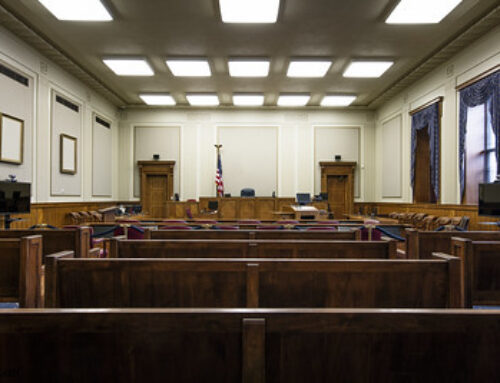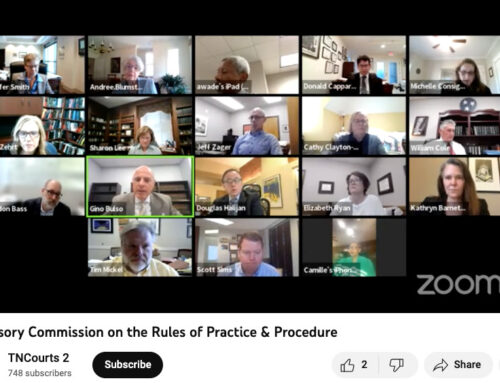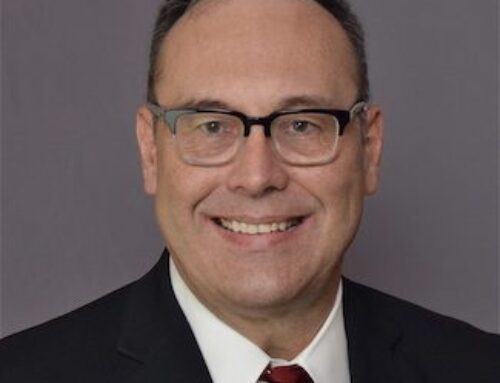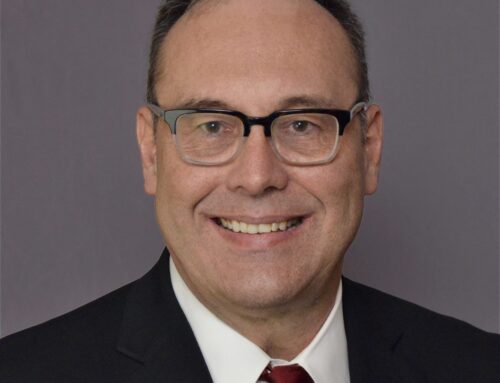The Knoxville News Sentinel and WBIR challenged a camera ban in the courtroom of a newly elected chancellor, and got a reversal.
The judge had refused the newspaper’s request to photograph his first day on the bench. The newspaper made the request under the Supreme Court Rule 30, which governs media coverage in courtrooms.
The rule basically allows a judge an ability to limit or refuse media coverage in certain circumstances “to (i) control the conduct of the proceedings before the court; (ii) maintain decorum and prevent distractions; (iii) guarantee the safety of any party, witness, or juror; and (iv) ensure the fair administration of justice in the pending cause…”
There are also some specific prohibitions, such as media coverage of a minor except when the minor is being tried as an adult.
But before closing a courtroom to media coverage, the judge has to hold an evidentiary hearing. From Rule 30:
2) Evidentiary Hearing. Before denying, limiting, suspending, or terminating media coverage, the presiding judge shall hold an evidentiary hearing, if such a hearing will not delay or disrupt the judicial proceeding. In the event that an evidentiary hearing is not possible, affidavits may be used. The burden of proof shall be on the party seeking limits on media coverage. If there is no opposition to media coverage, the presiding judge may consider matters that are properly the subject of judicial notice. Media requesting coverage shall be allowed to present proof, either at the evidentiary hearing or by affidavit. Any finding that media coverage should be denied, limited, suspended or terminated must be supported by substantial evidence that at least one of the four interests in section D(1) is involved, and that such denial, limitation, suspension, or termination is necessary to adequately reach an accommodation of such interest. The presiding judge shall enter written findings of fact detailing the substantial evidence required to support his or her order.
Many judges are reluctant to close proceedings.
From the News Sentinel’s story online today:
Chancellor Clarence “Eddie” Pridemore last week issued an unsigned order via Clerk and Master Howard Hogan refusing a request by the News Sentinel under a state Supreme Court rule to photograph his first day on the bench.
Attorney Richard Hollow, on behalf of the newspaper and WBIR, Channel 10, filed an objection Tuesday.
In his letter, Hollow said Pridemore had violated the rule in a number of ways, including failing to issue a signed order and making findings of fact to support his refusal of cameras in the courtroom.
Earlier Wednesday, Pridemore issued a signed order approving cameras in the courtroom. It did not include any explanation for his reversal. He also had the notice posted on his courtroom door.




